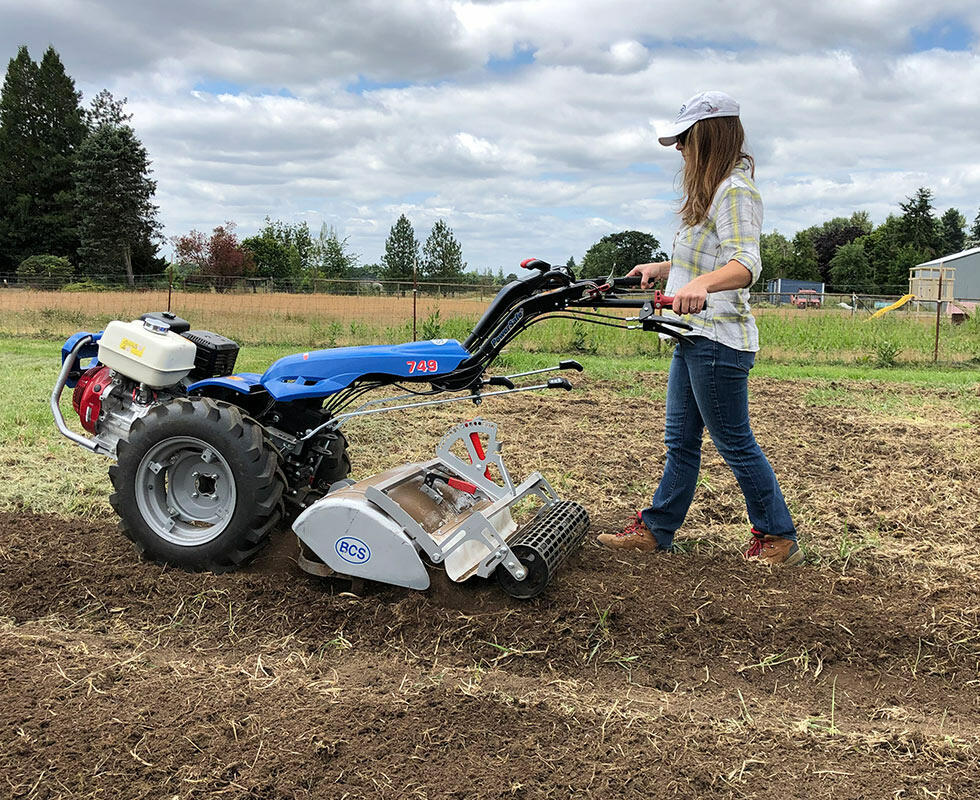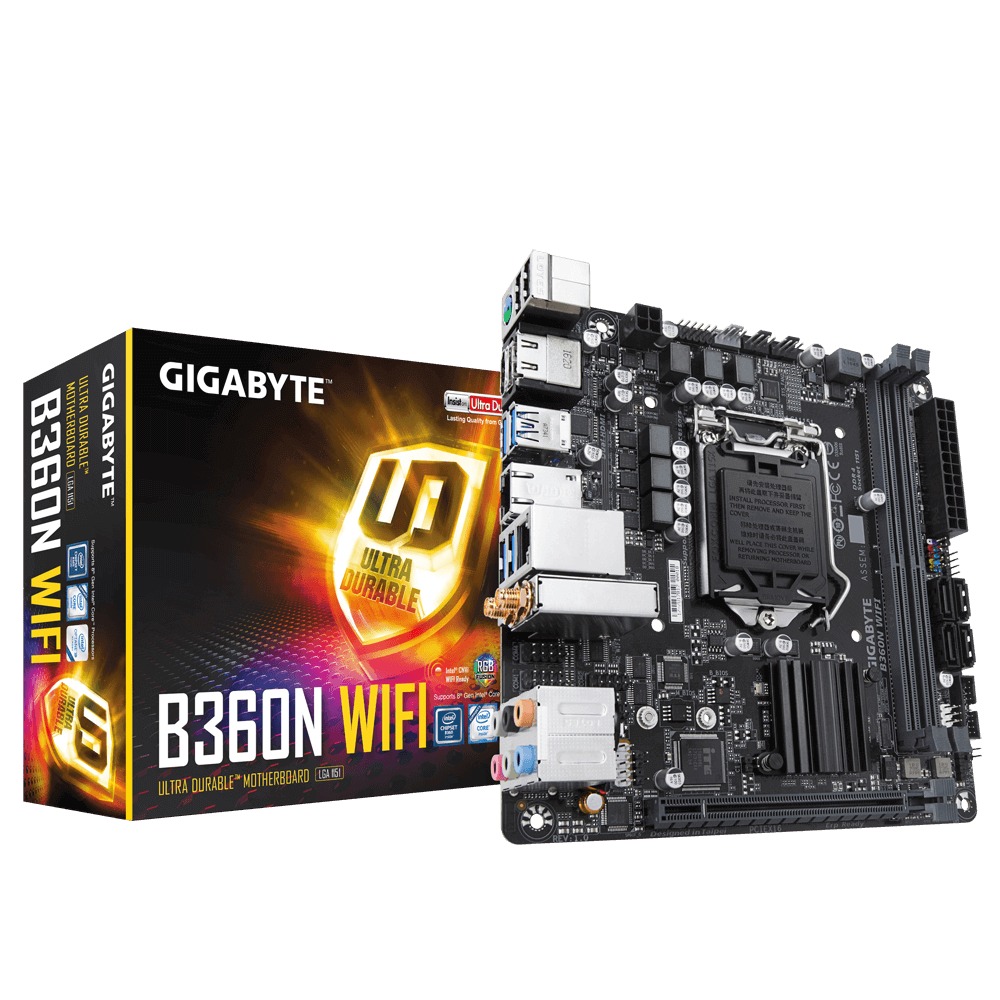In the modern world of agriculture, technology has become an essential component in optimizing productivity and ensuring sustainability. One of the key players in this technological revolution is the BCR tiller, a piece of equipment that has significantly improved how farmers approach soil cultivation. Known for its durability, efficiency, and versatility, the BCR tiller has become an indispensable tool for farmers across the globe. This article explores the features, benefits, and impact of BCR tillers on modern agriculture, highlighting why it is considered one of the best in its class.
What is a BCR Tiller?
A BCR tiller is a type of soil preparation equipment used in farming to break up and aerate the soil. The tiller works by using rotating blades or tines to cut, churn, and loosen the soil, making it more suitable for planting crops. The “BCR” in BCR tiller typically refers to the brand or model series associated with high-quality tillers designed for both small and large-scale farming.
These tillers are engineered for efficiency, allowing farmers to prepare fields quickly and effectively. They can be used for a variety of agricultural applications, including seedbed preparation, weeding, and cultivating soil in orchards, vineyards, and larger agricultural plots. BCR tillers are versatile enough to handle different soil types, from sandy loam to clay, and are available in various sizes and configurations to meet the needs of diverse farming operations.
Key Features of the BCR Tiller
BCR tillers are known for their high performance, ease of use, and exceptional durability. Here are some of the standout features that make BCR tillers a popular choice among farmers:
1. Advanced Technology and Design
BCR tillers are designed with advanced engineering techniques to provide maximum efficiency while maintaining low operating costs. The use of high-quality materials, such as hardened steel for the tines and blades, ensures that the tillers can withstand the harsh conditions of fieldwork and continue to perform reliably for years. Many models also feature adjustable tines or blades that allow the tiller to adapt to different soil conditions, making it an incredibly flexible tool.
2. Versatility
One of the most significant advantages of BCR tillers is their versatility. These tillers come in a variety of configurations, including front-mounted and rear-mounted models. This flexibility allows farmers to choose the best design for their specific needs, whether they are working on narrow rows, steep slopes, or large fields. Additionally, the tiller’s ability to break up a variety of soil types and handle both light and heavy workloads makes it ideal for a wide range of crops and farming techniques.
3. User-Friendly Operation
BCR tillers are designed to be easy to operate, even for those who are not highly experienced with machinery. The controls are simple to understand, and the tillers often feature an ergonomic design to reduce operator fatigue. Some models also come with adjustable handles, allowing users to set the machine at a comfortable height for better maneuverability.
4. Efficiency and Fuel Economy
BCR tillers are known for their fuel efficiency. With the rising cost of fuel and increasing environmental concerns, many farmers are turning to equipment that can deliver high performance while using less fuel. The efficient design of BCR tillers means that they require less power to achieve the desired results, which translates into lower fuel consumption and reduced operating costs over time.
5. Durability and Reliability
Given the demanding environment of agricultural work, durability is a key consideration when selecting equipment. BCR tillers are built to last, with many models featuring reinforced frames, rust-resistant components, and heavy-duty tines. This durability ensures that the tillers can endure the rigors of daily fieldwork, leading to fewer maintenance issues and a longer lifespan.
Benefits of Using a BCR Tiller
The use of BCR tillers in farming offers numerous benefits, making them an invaluable tool for modern agricultural practices. Some of the key advantages include:
1. Improved Soil Structure
One of the primary functions of a tiller is to break up compacted soil, allowing air, water, and nutrients to penetrate more deeply into the ground. By loosening the soil, BCR tillers help improve the structure and health of the soil, making it more conducive to plant growth. This not only helps crops grow more efficiently but also enhances water retention, reducing the need for frequent irrigation.
2. Increased Crop Yields
By creating optimal soil conditions for planting, BCR tillers contribute to increased crop yields. With improved soil aeration and structure, plants have a better chance to establish strong root systems, leading to healthier plants and higher-quality harvests. In some cases, the use of a tiller has been shown to increase yields by as much as 30%, making it a valuable investment for farmers looking to maximize productivity.
3. Faster Field Preparation
In traditional farming methods, field preparation can be a labor-intensive process. However, BCR tillers significantly reduce the time and effort required to prepare fields for planting. With high-speed rotation and effective soil cutting capabilities, BCR tillers can cover large areas in a fraction of the time it would take using manual labor or older methods of tilling. This efficiency allows farmers to focus more on other important tasks, such as irrigation, pest management, and crop care.
4. Enhanced Weed Control
BCR tillers are effective at controlling weeds by uprooting them and burying them beneath the soil. This is particularly helpful in organic farming, where the use of chemical herbicides is limited or prohibited. By using a tiller regularly, farmers can maintain better control over weed growth, reducing the competition for nutrients and allowing crops to thrive.
5. Reduction in Soil Erosion
When soil is compacted or left untilled, it becomes more prone to erosion from wind and water. BCR tillers help prevent this by creating a more stable and porous soil structure. The improved soil structure allows for better water infiltration, reducing runoff and the risk of erosion. Additionally, tilling can help promote the growth of cover crops, further protecting the soil from erosion.
Applications of BCR Tillers
BCR tillers can be used in a wide range of farming applications, from small-scale home gardens to large commercial farms. Here are some of the most common uses for BCR tillers:
- Seedbed Preparation: The tiller is often used to prepare the soil for planting seeds, ensuring a fine and even seedbed that promotes good seed-to-soil contact.
- Weed Control: Farmers can use tillers to effectively control weed growth in fields by uprooting and burying weeds, reducing the need for chemical herbicides.
- Soil Aeration: By breaking up compacted soil, tillers improve soil aeration, which is essential for healthy root growth and overall plant development.
- Vineyard and Orchard Maintenance: In orchards and vineyards, BCR tillers can be used to maintain the soil around plants, ensuring that they have optimal growing conditions.
- Cover Crop Incorporation: Tillers can also be used to incorporate cover crops into the soil, which improves soil fertility and helps prevent erosion.
Conclusion: A Game-Changer in Agriculture
BCR tillers have become an indispensable part of modern agricultural practices, offering farmers an efficient, reliable, and versatile solution for soil preparation. With their ability to improve soil structure, increase crop yields, and reduce labor costs, BCR tillers are an essential tool for farmers who want to stay competitive in a rapidly changing agricultural landscape. Whether it’s preparing seedbeds, controlling weeds, or enhancing soil health, the BCR tiller plays a crucial role in helping farmers achieve better results with less effort.
As technology continues to evolve in agriculture, tools like the BCR tiller will only become more advanced, offering even greater efficiencies and sustainability for the farming industry. For farmers looking to maximize productivity and maintain a competitive edge, investing in a high-quality BCR tiller is a decision that will yield long-term benefits.




